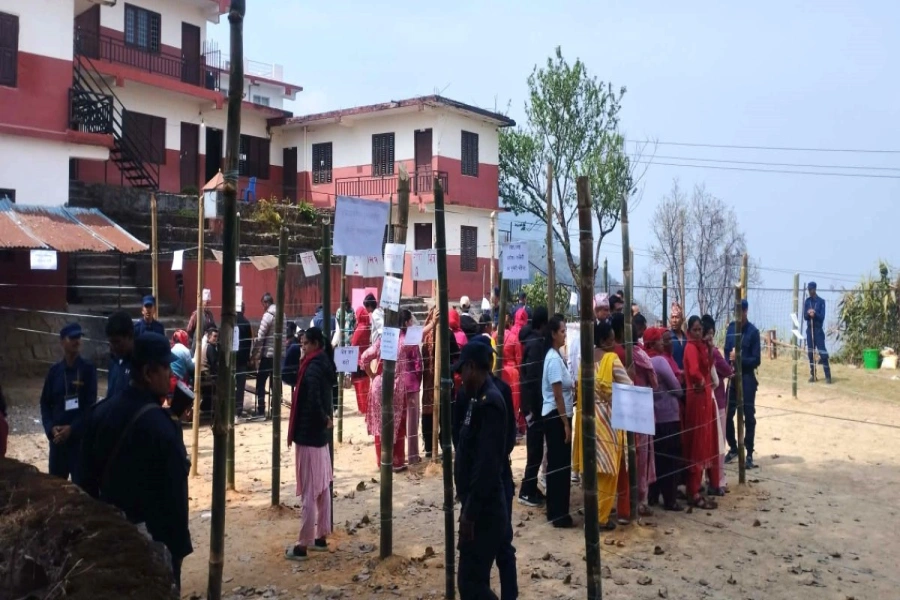Lifting of Afghan ban
Following the June 20th attack on a bus carrying Nepali security guards in Kabul, Afghanistan, in which 13 Nepali nationals were killed, the government had imposed a blanket ban on travel to four conflict-ridden countries: Afghanistan, Syria, Libya and Iraq.
Even at the time the ban was issued, it was clear that a blanket ban would be impossible to enforce given the porous nature of Indo-Nepal border. Legally or otherwise, those determined to go would be hard to stop. This is why, instead of inadvertently supporting a new trail of illegal migrants by imposing a blanket ban, it would perhaps have been a better idea to adequately inform would-be migrants on the dangers they are likely to face abroad. They could also be briefed on what the government of Nepal can realistically do to bail them out in case they get into some trouble—after they have chosen to voluntarily risk their lives. The other way to go about it would be to ask host countries and the companies and organizations hiring Nepali migrant workers to ensure their physical safety. The government is apparently happy that at least Afghanistan and the international organizations based there are ready to do so, which is why the ban on travel there has been lifted.
Interestingly, the ban on Syria, Libya and Iraq remain. Moreover, Nepali security guards will from now on work only inside the maximum-security ‘green zones’ in Afghanistan. The government decision will now allow Nepali migrant workers to be employed at various UN agencies and Kabul-based embassies. These places were deemed relatively safe after a fact-finding government mission visited Afghanistan following the June 20th terror attack.
Nepali security guards in particular have been in high demand in these war-torn countries; the foreign missions based there are increasingly reliant on them to guard their premises and personnel. The government hopes that relaxing the ban on Afghanistan will make job applicants to this potentially dangerous destination go through only formal channels. This way, not only will the workers get the right security briefings, it will also be a lot easier to track them down in case of some trouble. But if Afghanistan has been declared open, shouldn’t restrictions on other banned places also be lifted?
A little caution will be advised. There have been no fact-finding missions to these countries. Our government as such has tenuous grasp of ground realities in Syria, Libya and Iraq. Unless there is ample evidence that the host countries and/or the contractors will adequately look after the wellbeing of Nepali workers, labor migration to these destinations should be discouraged, even if a complete ban is not feasible. Even in Afghanistan, the government fact-finding mission has made some recommendations, for instance use of bullet-proof vehicles to ferry Nepali workers to and from their workstations and increasing their insurance coverage.
It is unclear whether the host country/organizations have been able to assure Nepal on this. There are currently at least 10,000 Nepalis working as security guards in Afghanistan. This number will surely go up after the lifting of the ban. It may not be possible to guarantee the safety of so many Nepali nationals so far from home. But with so many lives and livelihoods on the line, it is worth a try.
‘The Now Now’, Gorillaz






































